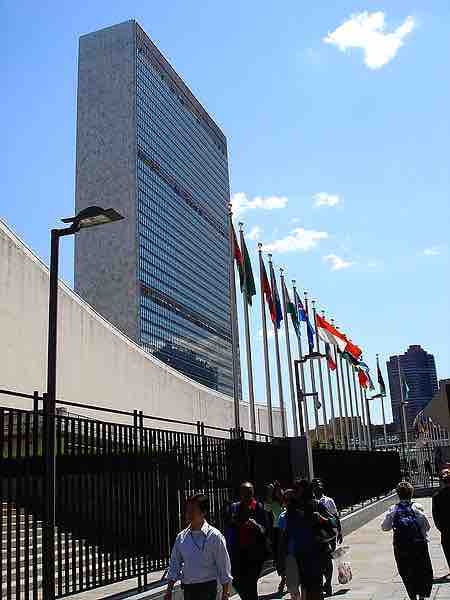Introduction
Politics as a term is generally applied to the art or science of running governmental or state affairs. The term includes behavior within civil governments, but is also applied to institutions, fields, and special interest groups such as the corporate, academic, and religious segments of society. It consists of "social relations involving authority or power" as well as the methods and tactics used to formulate and apply policy.
Political science is the study of politics. It examines the acquisition and application of power. Political scientist Harold Lasswell defined politics as "who gets what, when, and how". Related areas of study include political philosophy, which seeks a rationale for politics and an ethic of public behavior; political economy, which attempts to develop understandings of the relationships between politics and the economy and the governance of the two; and public administration, which examines the practices of governance.

Pyramid of Capitalist System
IWW poster "Pyramid of the Capitalist System"(c. 1911), depicting an anti-capitalist perspective on statist/capitalist social structures.
Political Science
Political scientists study matters concerning the allocation and transfer of power in decision making, the roles and systems of governance including governments and international organizations, political behavior, and public policies. They measure the success of governance and specific policies by examining many factors including stability, justice, material wealth, and peace. Some political scientists seek to advance theses by analyzing politics. Others advance normative theses by making specificpolicy recommendations.

United Nations Building
UN Building in NYC.
Westminster-Based Government, British Parliament
The British Parliament is a Westminster-based system of government with multiple political parties.
Like all social sciences, political science faces the difficulty of observing human actors who can only be partially observed and have the capacity for making conscious choices unlike other subjects such as non-human organisms in biology or inanimate objects as in physics. Despite the complexities, contemporary political science has progressed by adopting a variety of methods and theoretical approaches to understanding politics. Methodological pluralism is a defining feature of contemporary political science.
Public Policy
Public policy as government action is generally the principled guide to action taken by the administrative or executive branches of the state with regard to a class of issues in a manner consistent with law and institutional customs. Shaping public policy is a complex and multifaceted process. It involves the interplay of numerous individuals and interest groups competing and collaborating to influence policymakers to act in a particular way. These individuals and groups use a variety of tactics and tools to advance their aims. The tactics include advocating their positions publicly, attempting to educate supporters and opponents, and mobilizing allies on a particular issue.